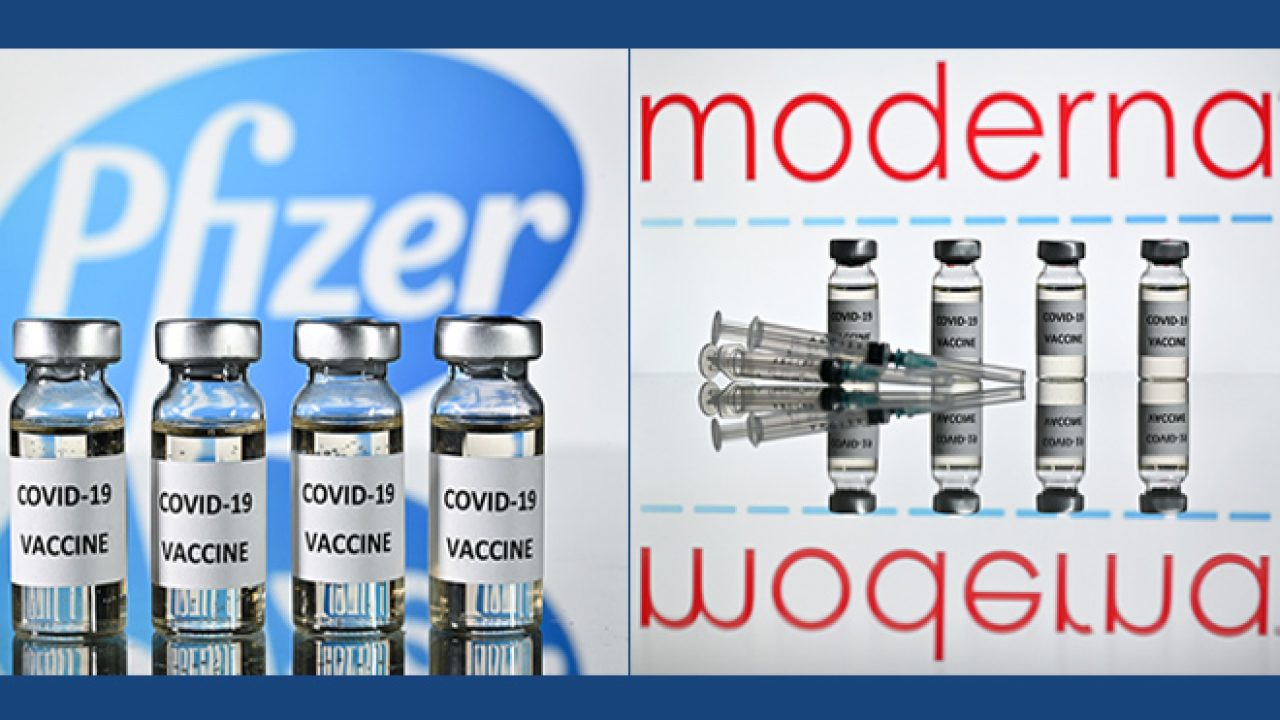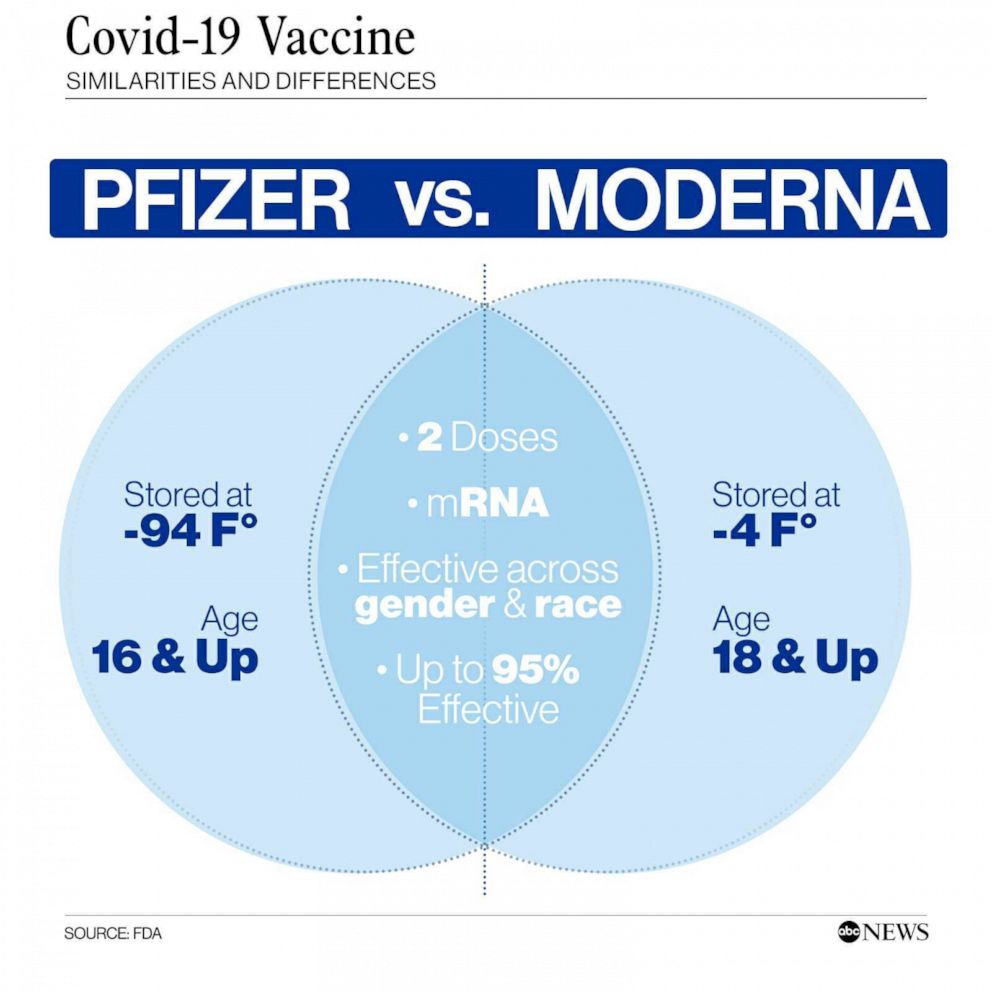A recently released study from the US has revealed that people who receive Covid-19 vaccines by Pfizer and Moderna are up to 91 percent less likely to develop the infection. It also suggests the vaccines can reduce the severity of symptoms and duration even if one gets affected by the disease.
Published in the New England Journal of Medicine on June 30, the Research is among the first few findings that establish the benefits of mRNA vaccines, Pfizer, and Moderna even among those who experience infections -even after getting immunized.

The mRNA vaccines by Pfizer and Moderna consist of genetic instructions for the cells in our body so that it makes the spike protein of the SARS-CoV-2, which the virus uses to infect and enter the human cells. Our immune system then constructs an immune response against the spike protein made and learns how to fight off the deadly virus if we encounter it in near future.
Co-author and an assistant professor at the University of Utah, US, Sarang Yoon said, “One of the unique things about this study is that it measured the secondary benefits of the vaccines.”
He further added, “These are the people who are getting exposure to the virus day in and day out, and the vaccine protected them against getting the disease. Those who unfortunately got Covid-19 despite being vaccinated were still better off than those who didn’t.”
“I hope these findings reassure the public that mRNA Covid-19 vaccines are safe and protect us from this severe disease,” Yoon added.

The study was conducted on front-line warriors- doctors, nurses, and first responders. It was done to measure the risks and rates of infection among those who are at the forefront of getting the disease. The results of the study revealed that mRNA COVID-19 vaccines were 91 percent effective in reducing risk for infection once participants were “fully” vaccinated, two weeks after the second dose.
The research also disclosed that the vaccines are 81 percent effective in reducing the risk for infection after “partial” immunization, two weeks after the first dose was given.
Around 3,975 participants at eight sites in the US submitted samples for Covid-19 testing weekly for 17 weeks between December 13, 2020, and April 10, 2021. Out of the total recruiters, only 204, which accounts for 5% eventually tested positive for SARS-CoV-2, the virus responsible for Covid-19. Of these, 156 were unvaccinated, 32 had an indeterminate vaccine status, and 16 were fully or partially vaccinated.
The fully or partially vaccinated participants in the study who developed the infection had milder symptoms than those who were not vaccinated at all.
In those who developed the disease, the degree of fever among vaccinated people was reduced by 58 percent, and the days spent in bed due to infection were reduced by 60 percent.
These findings suggest that fully or partially vaccinated individuals who get Covid-19 might be less likely to spread the virus to others.
The findings institute a sort of trust in the mRNA vaccines- Pfizer and Moderna. While Pfizer is developed by Germany’s BioNTech, Moderna on the other hand has been made by an American company.



